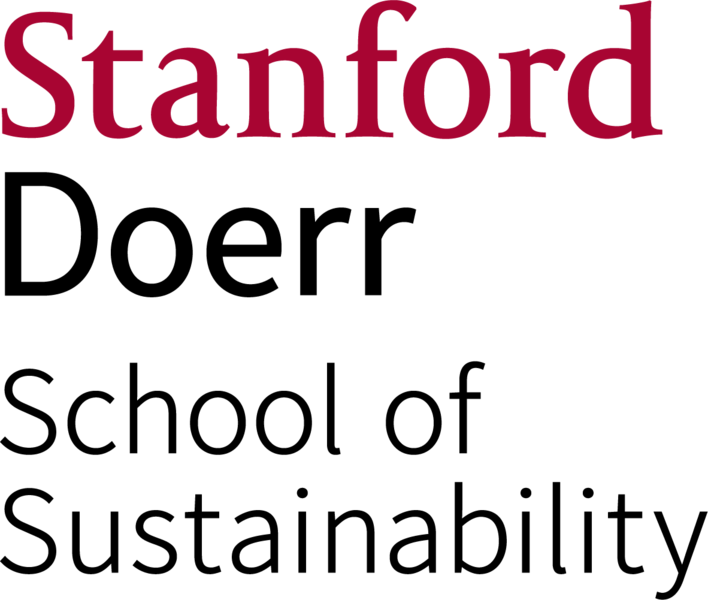Research
Main content start
Site Pages
I maintain a portfolio of research projects that combine themes from human ecology, infectious disease dynamics, social network analysis, and biodemography. A very incomplete sampling of this portfolio can be found below.









